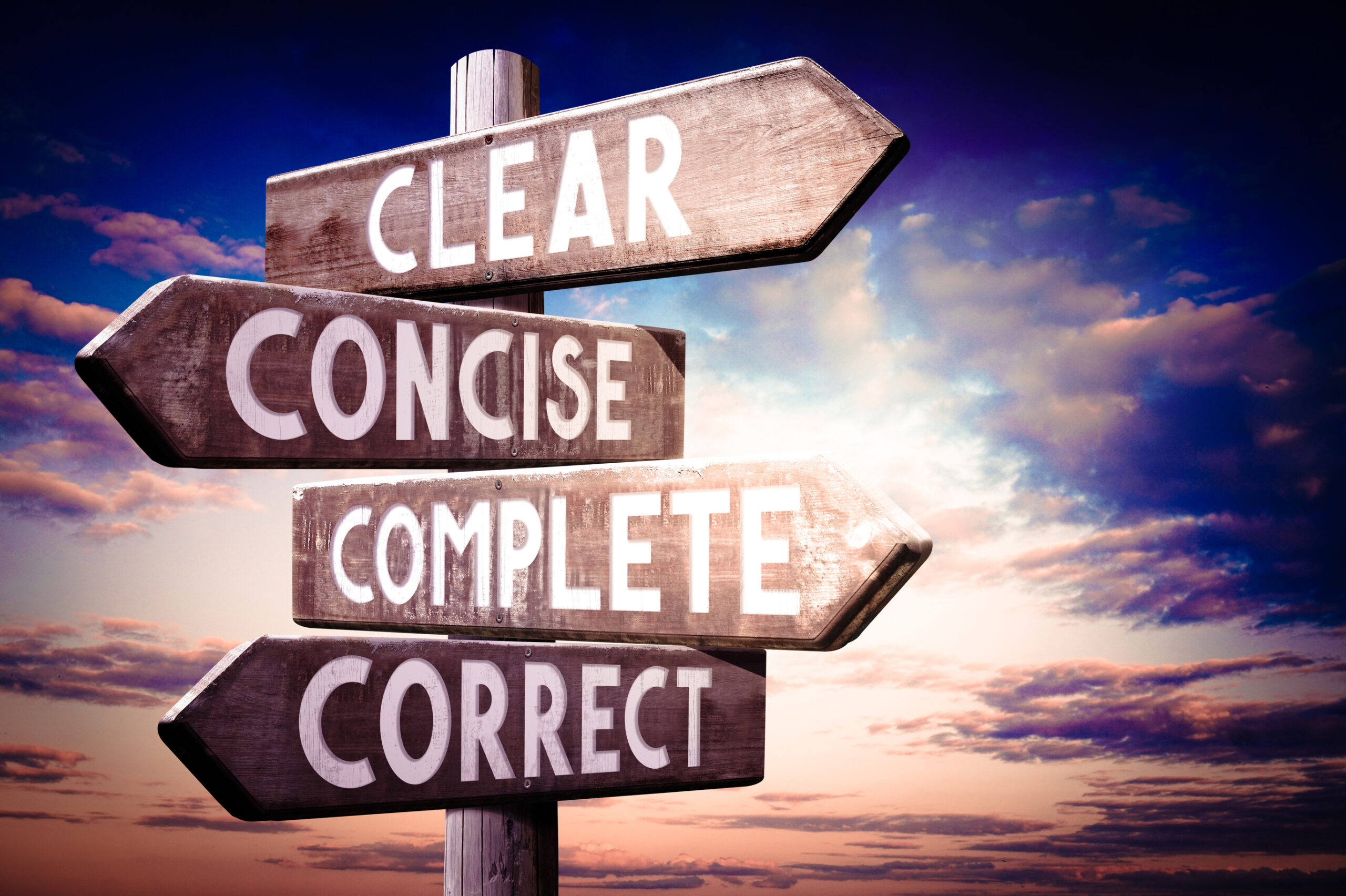If you’re in that fortunate place where you have written a manuscript–or several pieces of one that could be stitched together–then the next step is to get that baby edited.
(If you’re not at that stage and think you could use a little help, perhaps consider a ghostwriter or author coach).
For many writers, editing can be quite triggering. Visions of red lines and passive-aggressive messages in the reviewing pane (e.g., “You poor thing! It must be embarrassing to be your age and have yet to graduate from middle school” fill nightmares for just about anyone who thought of writing a book.
Lisa taught me so much about the craft of writing and, probably more important, she pushed me out of my comfort zone.
Jason Portnoy, entrepreneur and venture capitalist. Author of Silicon Valley Porn StarJason Portnoy, entrepreneur and venture capitalist. Author of Silicon Valley Porn Star
We promise: it doesn’t have to be that way. In fact, we only work with nice editors. And we can connect you the right kind of editor you need. Which kind is that? Well, these are your options:
Developmental Editors
Developmental editors are the people you come to when you have something written, something that you think could be a book, but it’s not quite publishable. These editors will evaluate your work, and assess what you’re doing well and where the manuscript could use improvement. As far as that improvement thing goes, they’ll offer guidance for you on how to better your writing and your book. Some developmental editors will also review the manuscript through a marketing lens and offer ways you can revise it so that your book better fits into the market’s expectations.
Developmental editing rates vary by project. The editor will need to review the work and then create a proposal based on what they think the manuscript needs.
Line Editors, Copyeditors, and Proofreaders
Yes, “line editors” is a two-word phrase, and “copyeditors” is only one word. We didn’t make the rules, we just try to follow them.
Anyway, while developmental editors look at the big picture of the book as a whole, line editors work a little more closely with the text itself. They get down to the sentences (or lines, hence the name) and offer input and guidance on improving the language and style of the writing. Copyeditors get a little more granular and will look at the words and phrases that make up the copy (again, not very original with the naming), to improve or correct usage and grammar. Then proofreaders are the most detailed of the bunch. They check for typographical errors, punctuation, and discrepancies in typesetting or formatting.
Most line editors, copyeditors, and proofreaders charge by the word, and sometimes their rates are also determined based on the genre of the manuscript they are editing.
Connect with an Editor
To discuss the kind of editor you need for your manuscript, please fill out this form. We’ll schedule a free 30-minute consultation call with you.

